Focus on Engagement and the Outcomes Will Follow
Technology is all around us. Long gone are the days when we could just walk into a classroom with a handful of papers and a piece of chalk. Pupils are exposed to technology on a daily basis and are embracing it. The way pupils learn is fundamentally changing. A flexible, blended classroom model is replacing the one-size-fits-all approach. Teachers at Ellesmere College are using digital technologies to engage pupils with more personalised learning experiences. In essence the integration of technology is enhancing their teaching and also developing pupils knowledge.
The use of Class WebPages, Virtual Learning Environments and Ellesmere Online are proving a very successful way of driving outside-of-class discussion. The science departments are utilising such resources to provide a revision portal that breaks the subject down into easily digestible segments. Pupils can access the Webpage from their own computers and navigate around the content which has been a simplified for them. The site contains information on the syllabus, teaching notes, downloadable materials, images, videos from YouTube showing experiments and external links to revision sites such as BBC Bite size. The site is updated regularly so that pupils can have instant access to their lesson plans. The subject is still being taught through traditional text book methods but the introduction of such sites is supporting pupil’s development and understanding of the subject.
There are some innovative apps that are perfect for teachers who are looking to engage pupils in academic interaction. The use of Bamboo Paper, a notebook app for the iPad is being used in the Art department to provide feedback on pupil’s projects. Staff are utilsing such resources to illustrate or sketch explanations in a digital notebook form, which is then emailed through to the pupil. To support research activity pupils have access to applications such as the National Gallery and Art Circles to discover colours, words, themes or curators and artists who share their unique perspectives on creativity and the art that inspires them. Apps offer pupils a unique learning experience, quite distinct from the experiences a book or a website can offer.
Apple TV is also being used increasingly in the classroom by teachers who primarily want to take advantage of the mirroring capabilities of the device. A teacher can choose to build a whole lesson based solely on one app. alternately, they can choose to use an app to create a mini lesson, or simply use an app as a means to complement a lesson. Ellesmere College is encouraging teachers and pupils to make use of mobile technology and both android and IOS devices are encouraged. The use of technology in the classroom is a blended learning experience that embraces mobile phones and also social media. The overall goal is to provide independent learning for children and enable them to take ownership of their work and utilise all the tools available to them so they progress their knowledge and understanding.
Some teachers have effectively integrated Twitter into courses, lessons and projects to get pupils more broadly involved in subject specific communities and encourage learning through additional research and from the wealth of experts on Twitter who are eager to share their knowledge. Gradually, more and more educators are realising that the technology in the classroom will provide spaces for a teacher to create highly engaging lessons that captivate the pupil’s attention. In doing so, technology enhances collaborative learning, sponsors creativity, and cultivates a set of skills and talents that can help young learners become successful.


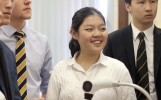 Ellesmere College Student Views - Alice Yang (China)
Ellesmere College Student Views - Alice Yang (China)  Ellesmere College Student View - Lewis Hall
Ellesmere College Student View - Lewis Hall 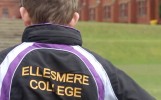 Ellesmere College Football Academy
Ellesmere College Football Academy 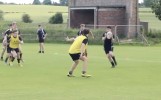 Ellesmere College Rugby Academy
Ellesmere College Rugby Academy 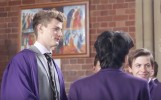 Explore the Ellesmere Difference UK
Explore the Ellesmere Difference UK 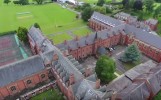 Ellesmere College - Aerial View
Ellesmere College - Aerial View 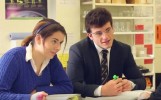 Edoardo and Tommaso
Edoardo and Tommaso 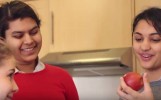 Tapaswini & Vanessa
Tapaswini & Vanessa 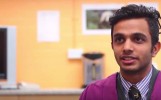 Student Views - Vansh Bajaj
Student Views - Vansh Bajaj 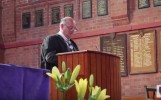 Speech Day 2015
Speech Day 2015  Student Views - Richard Lay
Student Views - Richard Lay  Student Views - Cassie Champrasit
Student Views - Cassie Champrasit 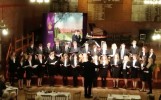 Chapel Choir
Chapel Choir  Return To The Forbidden Planet Trailer
Return To The Forbidden Planet Trailer 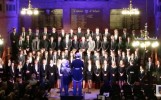 Talbot House 'I'm A Believer'
Talbot House 'I'm A Believer' 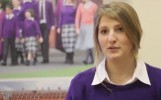 Students View - Tilly Walker
Students View - Tilly Walker  Students View - Peter Von Hoven
Students View - Peter Von Hoven 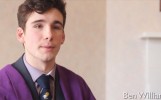 Students View - Ben Williams
Students View - Ben Williams 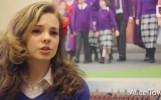 Student Views - Alice Tow
Student Views - Alice Tow  Ellesmere College Presents Romeo & Juliet
Ellesmere College Presents Romeo & Juliet 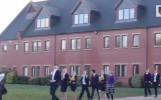 Lower School
Lower School  House Singing Competition
House Singing Competition  Sport at Ellesmere
Sport at Ellesmere 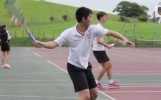 Tennis Academy
Tennis Academy 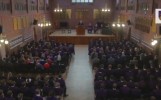 Life at Ellesmere
Life at Ellesmere 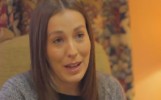 Boarding Life
Boarding Life 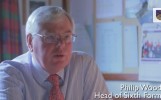 Sixth Form
Sixth Form 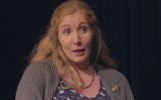 The Arts
The Arts 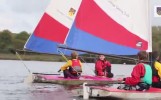 CCF/DofE Adventure Training
CCF/DofE Adventure Training 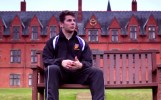 Why Louis Chaudron joined Ellesmere College
Why Louis Chaudron joined Ellesmere College 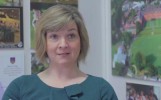 International Admissions
International Admissions
Thank you for your contribution!